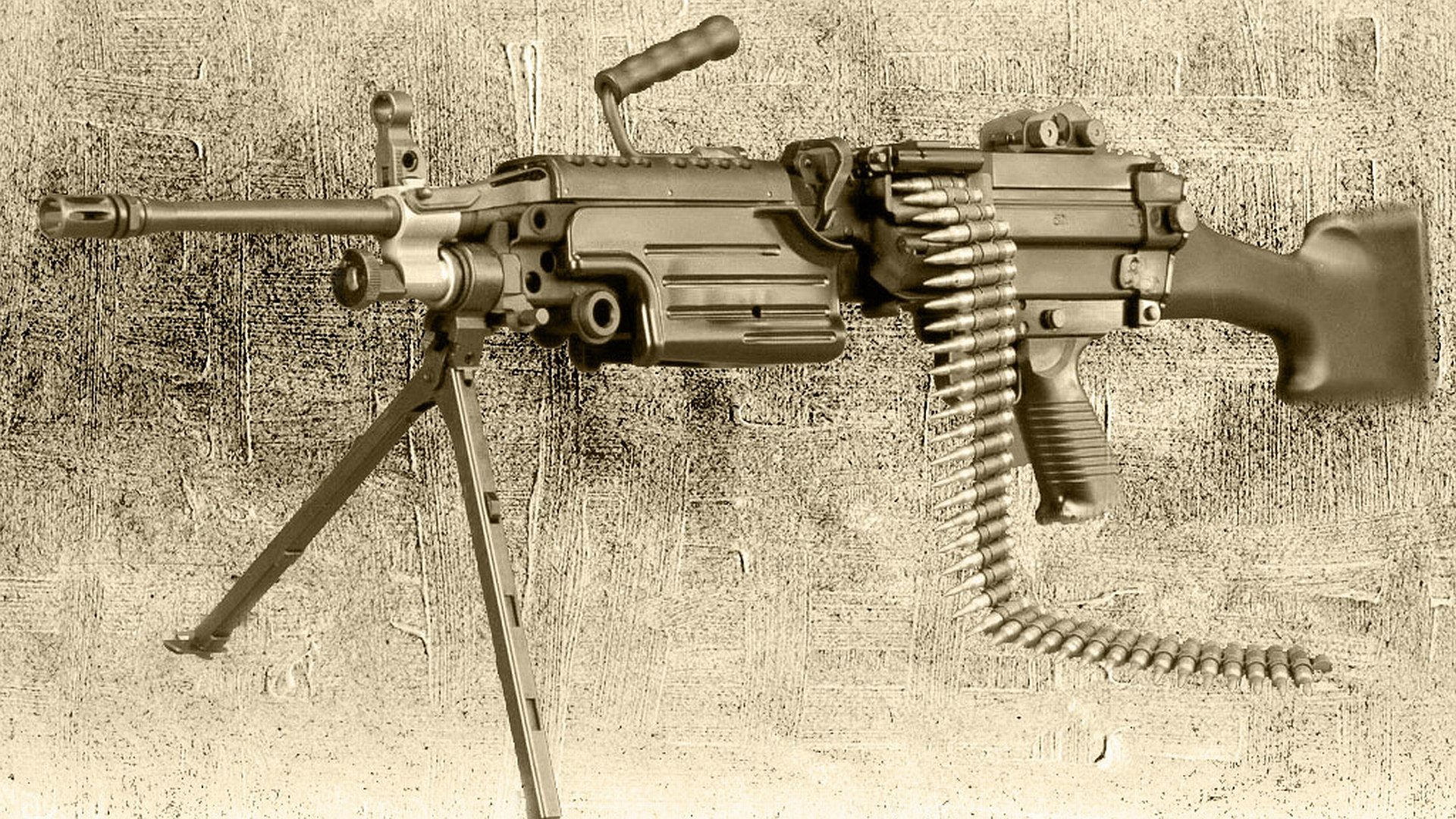Firearms have long captured the fascination and attention of individuals around the world. Whether for the purpose of self-defense, hunting, or sport, these weapons possess an undeniable power that is often associated with both empowerment and controversy. In this article, we delve into the multifaceted world of firearms, exploring their significance, the debates surrounding them, and providing a comprehensive guide on buying and selling. By understanding the complexities of firearms, we aim to shed light on the subject and equip readers with essential knowledge for engaging in responsible firearm ownership. So, fasten your seatbelts as we embark on this journey into the locked and loaded world of firearms.
Understanding Firearm Purchasing Laws
In order to navigate the world of firearms, it is crucial to have a clear understanding of the laws and regulations surrounding their purchase. These laws vary from country to country, and even within different states or regions. Educating oneself about the specific purchasing laws in your area is essential to ensure compliance and responsible firearm ownership.
In many countries, firearms are heavily regulated items. Governments impose certain restrictions to ensure public safety and prevent the misuse of firearms. These regulations typically involve obtaining permits or licenses before purchasing a firearm. These permits require background checks, waiting periods, and documentation to establish the buyer’s eligibility and intent for owning a firearm.
Additionally, there are often age restrictions in place. The minimum age for firearm ownership can vary, but it is usually higher than the legal age of adulthood. This is to ensure that individuals purchasing firearms have the necessary maturity and responsibility to handle these potentially dangerous weapons.
It is also important to note that certain types of firearms, such as fully automatic weapons or firearms with a high capacity for ammunition, may be subject to even stricter regulations. These regulations often require additional permits, special licenses, or may prohibit civilian ownership altogether.
Understanding and adhering to firearm purchasing laws is not only a legal requirement but also a responsible way to contribute to public safety. By respecting these regulations, individuals can help minimize the chances of firearms falling into the wrong hands and ensure that they are being used for lawful and legitimate purposes.
Factors to Consider Before Buying a Firearm
Firstly, it is crucial to evaluate your intentions and purposes for purchasing a firearm. Understanding why you want to own a firearm can help guide your decision-making process. Are you planning to use it for self-defense, sports shooting, or hunting? Clarifying your purpose will assist in determining the type, caliber, and features that are most suitable for your needs.
Another important factor to consider is your level of experience and training with firearms. If you are a first-time buyer, it is advisable to seek proper training and education on firearm safety and handling. Understanding the responsibilities and legal requirements associated with firearm ownership is essential to ensure your own safety as well as that of others.
Moreover, it is crucial to assess your environment and potential risks associated with owning a firearm. Consider whether you live in a high-crime area or have specific security concerns that warrant firearm ownership. It is essential to weigh the potential benefits against the risks and ensure that you are mentally and emotionally prepared to handle the responsibilities that come with owning a firearm.
By carefully considering your purpose, experience, and environment, you can make a more informed decision when purchasing a firearm. Taking the time to reflect on these factors will help you choose a firearm that aligns with your needs, abilities, and the level of security you desire. Remember, responsible firearm ownership requires careful consideration and ongoing commitment to safety.
Exploring Legal and Secure Options for Selling Firearms
When it comes to selling firearms, it is crucial to prioritize legality and security. Whether you are an individual looking to sell a firearm or a licensed dealer, there are several avenues you can explore to ensure a smooth and responsible transaction.
One of the most common options is selling through a licensed firearms dealer. Licensed dealers have the necessary permits and knowledge to safely facilitate firearm sales. They can assess the value of the firearm, handle the paperwork, conduct background checks, and ensure compliance with all applicable laws and regulations. Selling through a licensed dealer not only provides peace of mind but also helps to establish a transparent and accountable transaction.
Another option is to sell your firearm at a gun show. Gun shows often attract collectors, enthusiasts, and licensed dealers, making it a potential marketplace for selling firearms. However, it is important to note that regulations regarding private sales at gun shows vary by jurisdiction. Be sure to familiarize yourself with the local laws and understand any legal requirements or processes for selling firearms at these events.
If you prefer to sell your firearm directly to another individual, it is crucial to follow the legal guidelines in your jurisdiction. Conducting a private sale requires responsibility and diligence. Ensuring that the buyer is legally allowed to possess firearms is paramount. Depending on your location, this may involve completing a background check or verifying the buyer’s eligibility through the appropriate channels.
Remember, selling firearms can carry legal implications, and it is essential to comply with all relevant laws and regulations. If you are unsure about any aspect of the selling process, consulting a legal professional or contacting your local law enforcement agency can provide valuable guidance.
By exploring these legal and secure options for selling firearms, you can help contribute to a responsible and safe firearms marketplace. Always prioritize compliance with the law, prioritize safety, and take the necessary steps to ensure a smooth and lawful transaction.

